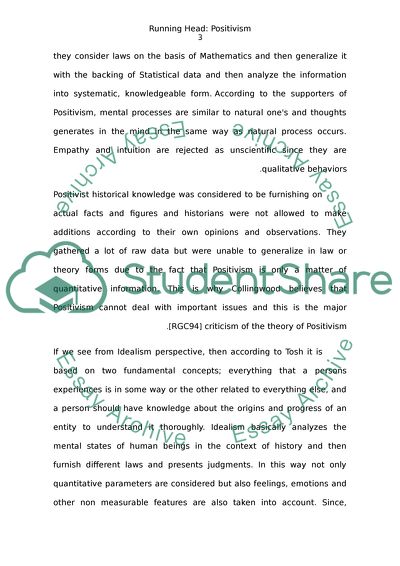Cite this document
(“Positivism Research Paper Example | Topics and Well Written Essays - 1500 words”, n.d.)
Retrieved from https://studentshare.org/sociology/1490563-positivism
Retrieved from https://studentshare.org/sociology/1490563-positivism
(Positivism Research Paper Example | Topics and Well Written Essays - 1500 Words)
https://studentshare.org/sociology/1490563-positivism.
https://studentshare.org/sociology/1490563-positivism.
“Positivism Research Paper Example | Topics and Well Written Essays - 1500 Words”, n.d. https://studentshare.org/sociology/1490563-positivism.


